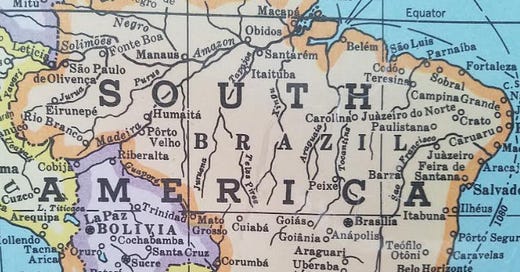Brazil research shows a 11% dengue-chikungunya co-infection rate
Research carried out by the Institute of Biological Sciences (ICB) of the Federal University of Minas Gerais (UFMG) showed a significant percentage of co-infections with dengue fever and chikungunya.
Using a molecular test developed by Bio-Manguinhos/Fiocruz, which is capable of simultaneously detecting several viruses, was used in the research.
More than 60,000 tests from 14 states in all regions of Brazil, including the four most populous: São Paulo, Minas Gerais, Rio de Janeiro and Bahia, revealed a 11 percent co-infection rate.
According to the Scientific Specialist in Molecular Diagnosis of Bio-Manguinhos/Fiocruz, Patrícia Alvarez, who said it is expected that, during the peaks of arbovirus epidemics, there will be a co-infection rate of 2% to 3%, however the numbers found were 11%, being much higher than this margin, thus raising the alarm for assertive actions to combat pathogens, especially outbreaks of the Aedes Aegypti mosquito.
In addition, it was possible to observe that the number of Chikungunya cases in 2023 is already almost seven times greater than that recorded in 2022. And, in Minas Gerais, dengue records were three times more numerous than in the previous year, based on the results of the research.





